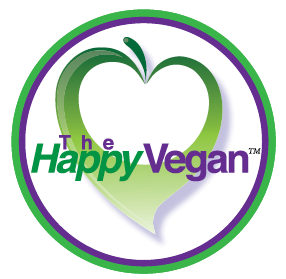6 Ways to Lessen Your Toxic Load
I know I spend a lot of time talking about food – indeed that is my passion! Clean eating is important for our own health and even bigger things like the environment! While we know that our food can contain toxins (through pesticides, genetically modified engineering, etc.), toxins are lurking in many conventional household and personal products too. What you put on your skin and inhale from your home environment, can enter your system and must be detoxed by your gut and its bacteria. When your gut health is compromised, because of things like food choices, antibiotic use, and lifestyle, your ability to detox can also be compromised, and low-level toxins can have a greater effect on your health.
It’s always a great idea to carefully read product labels and look for healthier alternatives when possible. Here are 6 toxic chemicals to lookout for:
First, Parabens: Parabens are common preservatives found in cosmetics, shampoo, hair dye, tanning sprays, sunscreen, and deodorant. They have been correlated with allergies and food sensitivities; and may contribute to obesity.
Next, Phthalates: Phthalates are found in cosmetics, perfumes, soap, hair spray, nail polish, shampoo, conditioners, and detergents. They have estrogenic properties, and chemicals with estrogenic properties are thought to affect glucose metabolism, and body fat.
Third, Synthetic fragrances: The majority of synthetic fragrances are derived from petroleum. Common fragrance ingredients, like toluene and benzene-derivatives, may be carcinogenic in high doses.
Next, Dyes: A number of FDA approved artificial dyes, referred to as “FD &C”, are approved in Food, Drugs and Cosmetics including shampoos and soaps. Avoid those, and “D&C” artificial dyes as they are all derived from petroleum.
Fifth, Sodium lauryl sulfates and dextran sulfate sodium (or DSS) are used as emulsifiers and foaming agents in shampoo, toothpaste, body wash and other cleansing products. These may cause inflammation and skin irritation.
Finally, Triclosan: Until late 2017, triclosan was used in most antibacterial soaps, until the FDA issued a ban on its use as a precaution against antibiotic resistance. These products may still be available so read your product labels, including toothpaste labels!
Check out the Environmental Working Group’s website for more information on the safety of everyday products including home, personal care, food, and more! www.ewg.org.
Be vigilant and make the best choices that you can!







